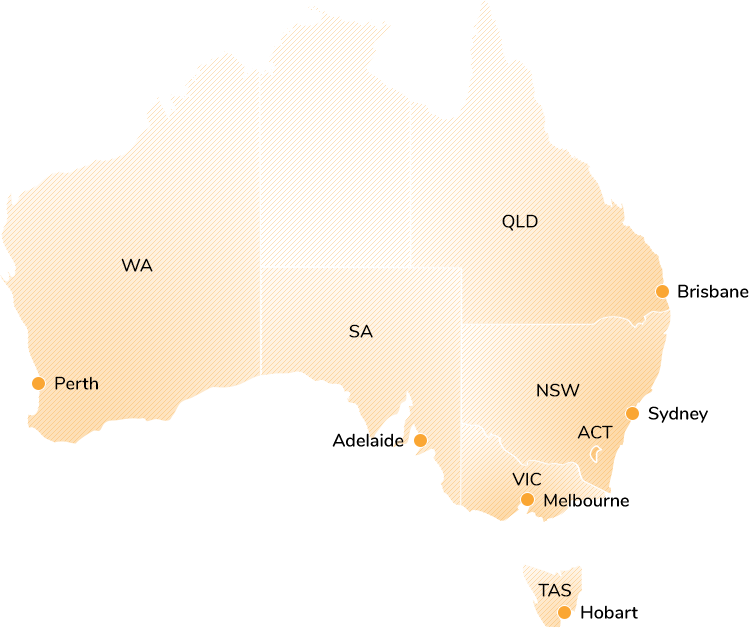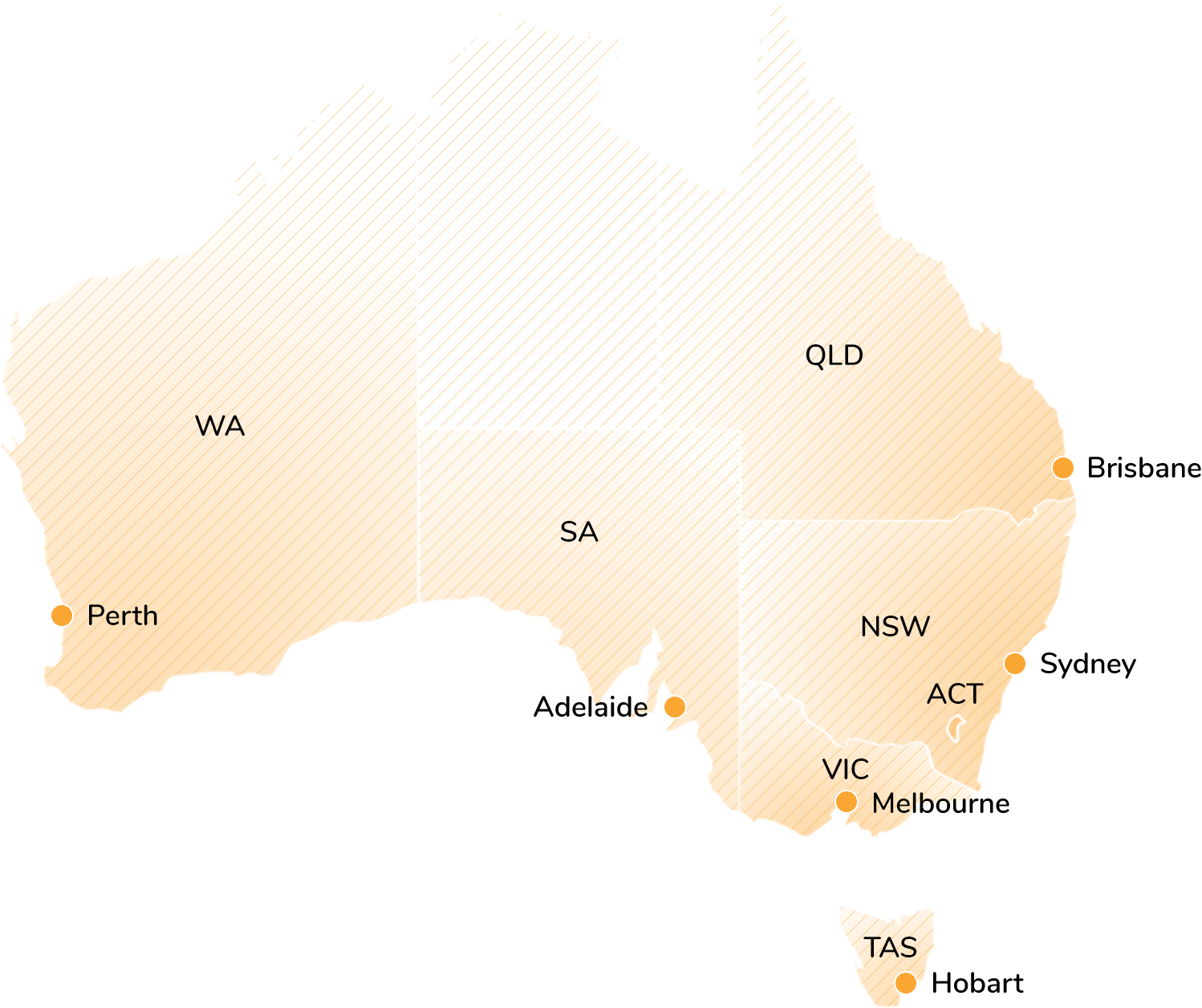


![]() 1300 694 625
1300 694 625


![]() 1300 694 625
1300 694 625
Our behaviour support practitioners in Perth can help you with NDIS Positive Behaviour Support Plans and Assessments.
Get started with NDIS Positive Behaviour Support in Knox and throughout Melbourne's eastern suburbs.
Looking for Positive Behaviour Support in Baywater, WA? We support NDIS participants in the Perth metropolitan region.
Merry Christmas from Dave and all of us at Ability Consultants!
Looking for an NDIS Positive Behaviour Support Practitioner in Adelaide? Click here to get started with PBS in SA.
Find NDIS Positive Behaviour Support in Subiaco, Floreat, Wembley, North Perth and surrounds.
Meet Kim Ottone, Behaviour Support Practitioner on the Atherton Tablelands in Far North Queensland.
Find Positive Behaviour Support in Perth from Vic Park, Morley, and Subiaco to Mandurah, Rockingham and beyond.
We provide Positive Behaviour Support on the Sunshine Coast from Caloundra and Mooloolaba to Noosa.
We're excited to welcome four new positive behaviour support practitioners to our team in Wollongong!
We support NDIS participants in Windsor and the Hawkesbury region. Learn more about behaviour support near you.
We talk about Positive Behaviour Support in the Southern Highlands, autism, parenting and advocating for carers.
Find Positive Behaviour Support near you in Ipswich, Queensland.
Find out how to get started with Positive Behaviour Support or Psychology in Hervey Bay, QLD.
Need a Positive Behaviour Support plan in Cairns? Click here to find out what to expect in your PBS plan.
Find Positive Behaviour Support near you in Queensland — find out how to access PBS in Brisbane, rural and remote QLD.
We can help you with Positive Behaviour Support in Moreton Bay, from Strathpine to Kallangur, Caboolture more.
Meet your local PBS practitioner in Chermside and learn more about Louise's dedication to embedding inclusive practices in the education sector.
Meet our PBS practitioners supporting NDIS participants in the greater Brisbane metropolitan area and surrounds.
Meet your local behaviour support practitioners in Newcastle, Lake Macquarie and the Lower Hunter, NSW.
Get started with Positive Behaviour Support in South East Melbourne, from Richmond and Fitzroy to Mount Waverly and Dandenong.
Find Positive Behaviour Support throughout Blacktown, from Seven Hills and Quakers Hill to Mt Druitt and Schofields.
Learn more about accessing Positive Behaviour Support in Liverpool and Sydney's South West.
Looking for Positive Behaviour Support on the Northern Beaches? Click here to lread about your local PBS practitioner.
We provide Positive Behaviour Support throughout the Brisbane metropolitan area and regional Queensland.
How does Nikki's experience leading disability day programs shape her work as a behaviour support practitioner?
Find out how to organise a Positive Behaviour Support Plan (PBSP) in South West Sydney and the areas we provide support.
What to look for, 10 ways to help and how Positive Behaviour Support can help children on the autism spectrum.
We improve quality of life through easy access to Positive Behaviour Support in Blacktown, Parramatta and Penrith.
Find out how Joanne's special education experience shapes her approach to Positive Behaviour Support.
She's a harp-playing social worker learning AUSLAN and braille; she said "I love what I do and I do what I love."
We've grown from humble beginnings in Sydney to supporting NDIS participants in every state of Australia!
In our Q&A with Alex, we talk about orchards, sheep dogs, life in Stanthorpe and how PBS can help with Autism and PTSD.
Merry Christmas from Dave and all of us at Ability Consultants!
Get to know our PBS practitioners in Mudgee and Dubbo, Central West NSW!
What's in Dubbo? Horses of course! Learn about Candice, her work as a PBS practitioner and her love for horses.
Find out how you can benefit from positive behaviour support in Bundaberg!
Central West NSW, we've got you covered! Find out about positive behaviour support in this interview with Hayley McRae.
We talk about special ed, psychology, life in Cairns and creating change through Positive Behaviour Support.
Thanks to Jess McGuire from ABC Western Plains for taking the time to speak with us about PBS in Central West NSW.
We talk about EATS and give you tools to help you as a PBS practitioner.
Part of our mission is to make PBS easier to access around Australia and we're excited to be supporting you in Cairns!
Positive Behaviour Support in Adelaide just got easier to access! Click to find out if PBS is the right fit for you.
Meet our PBS Practitioners Alex, Brett and Liss at the Hunter Disability Expo 12-13 May!
We'll be at the Melbourne Disability Connection Expo to answer all your Positive Behaviour Support questions!
Find out about PACER and how a career in mental health can prepare you for working in Positive Behaviour Support.
We talk about education and Positive Behaviour Support in Perth, as well as Kings Park and WA Museum Boola Bardip.
We’re making PBS easier to access in Wollongong with the help of behaviour support practitioner Emma Fumini.
Meet Alex Lee, who joins our team as a Behaviour Support Practitioner in Newcastle, NSW!
Positive Behaviour Support in Melbourne is now easier to find, with our team expanding to Victoria!
We’re on a mission to make positive behaviour support easy to access and we’re pleased to introduce Brett in this Q&A!
Check out our Q&A with positive behaviour support practitioner Julie Lyons!
If you're looking for positive behaviour support in the Northern Rivers region, you'll want to check out this interview.
AGOSCI advocates for people with complex communication needs. Read Ross's highlights from the 2022 AGOSCI conference.
We’re on a mission to make positive behaviour support easy to access in Australia.
Meet Belinda at the Regional Disability Expo on October 7th!
We'll be answering all your positive behaviour support questions at the Shoalhaven Disability Expo this September.
Stacey talks about the impact of behaviour support and shares her career highlights in the disability sector.
AGOSCI? What is AGOSCI? How does it relate to positive behaviour support and disability support? Find out here.
Join us as Ross shares exciting news for Behaviour Analysts in Australia and highlights from the ABAA Conference.
The ABA Conference is a valuable opportunity to to hear from leading ABA professionals and academics in Australia.
This June, you’ll find us at the Gold Coast Disability Expo at the Gold Coast Convention and Exhibition Centre.
If you’re an NDIS participant, click here to find out how psychology can help you and what your support will look like.
Meet one of our incredible Western Sydney psychologists, Kathy Zaia, who talks about "dropping an anchor" and more.
Why do we seeek to understand strangers and what assumptions often trip us up along the way?
Wishing you a peaceful and joyful festive season, from all of us here.
We sat down with Queensland Team Leader, Belinda Thurlow, to find out more about NDIS support in Brisbane.
You left us feeling that our thoughts were intrinsically valuable and that you were always learning, even from us.
Recovery Coaching and Positive Behaviour Support can be powerful allies in making life better for people.
Social distancing can make elder engagement difficult, but it can be done — and done well!
Looking for long-term housing and the opportunity for a better life?
Jane Pfaff takes us through the changing nature of disability support in NSW.
Jane's impressive career in the disability sector spans almost 50 years — find out why she's passionate about her work.
Self-care is always important but even more so for carers during challenging times that require social distancing.
Our target is to see a reduction in restrictive practices and a better quality of life for people.
What are some of the pain points faced by clinicians, therapists and case managers?
We were overwhelmed with the complexities of the NDIS, so we built our own software!
Join to keep up to date about our services, news and articles.

Want to learn more about our services or how we can help you?
We’d love to hear from you.
Ability Consultants is a team of Behaviour Support Practitioners who work with clients all across Australia through virtual and in-person means.
![]() Virtual (telePBS)
Virtual (telePBS) ![]() In-person
In-person

